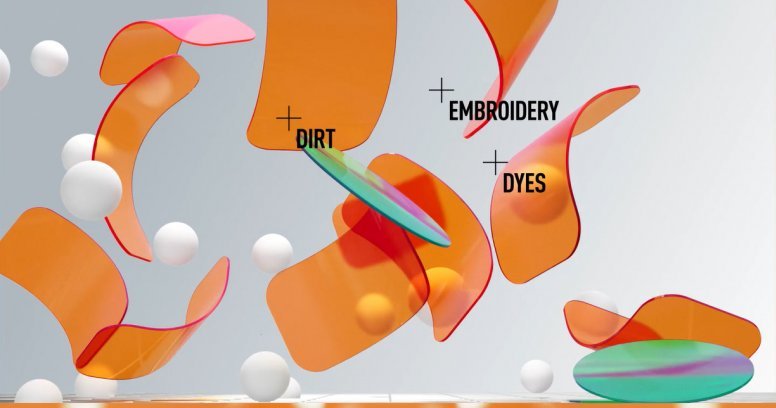
Regel now has wider appeal
Brand’s aim s for 100% of its polyester to eventually come from textile waste.

13th December 2023
Knitting Industry
|
Herzogenaurach, Germany
Sports brand Puma is scaling up its Re:Fibre polyester recycling technology and will replace fibre recycled from PET bottles with fibres made from old garments and factory waste in the majority of its replica football jerseys from 2024.
Since the launch of the Re:Fibre pilot in 2022, the technology has been used to create Switzerland and Morocco replica kits for the Women’s World Cup as well as Girona’s 2023/24 season third kit. In 2024, official Puma football replica jerseys including those for the Euro and Copa América tournaments will be manufactured using Re:Fibre.
Through the Re:Fibre programme, Puma is keen to address the challenge of textile waste with a long-term solution for recycling, while moving awaty from PET fibres derived from bottles.
The Re:Fibre system involves collecting and sorting textile waste, shredding and mixing it down to the minimum, melting down the shredded polyester and removing previous dyes through a chemical recycling process.
The melting allows the newly-produced polymers to be spun and sewn into new Re:Fibre fabrics.
“Our wish is to have 100% of our polyester coming from textile waste,” said Anne-Laure Descours, chief sourcing officer at Puma. “Textile waste build-up in landfills is an environmental risk. Rethinking the way we produce and moving towards a more circular business model is one of the main priorities of our sustainability strategy.”
To help make the technical process of more digestible consumers who wants to know more, Puma has harnessed the storytelling power of computer generated imagery to take viewers through the Re:Fibre process, right down to the molecular chemistry at work via an explanatory video which can be viewed here.
The video comes after research conducted by Puma found that 71% of young people felt their voices were not being heard when it comes to the environment and would like to see brands making more commitments (49%), communicating their goals better (40%) and being more transparent (34%).

Business intelligence for the fibre, textiles and apparel industries: technologies, innovations, markets, investments, trade policy, sourcing, strategy...
Find out more